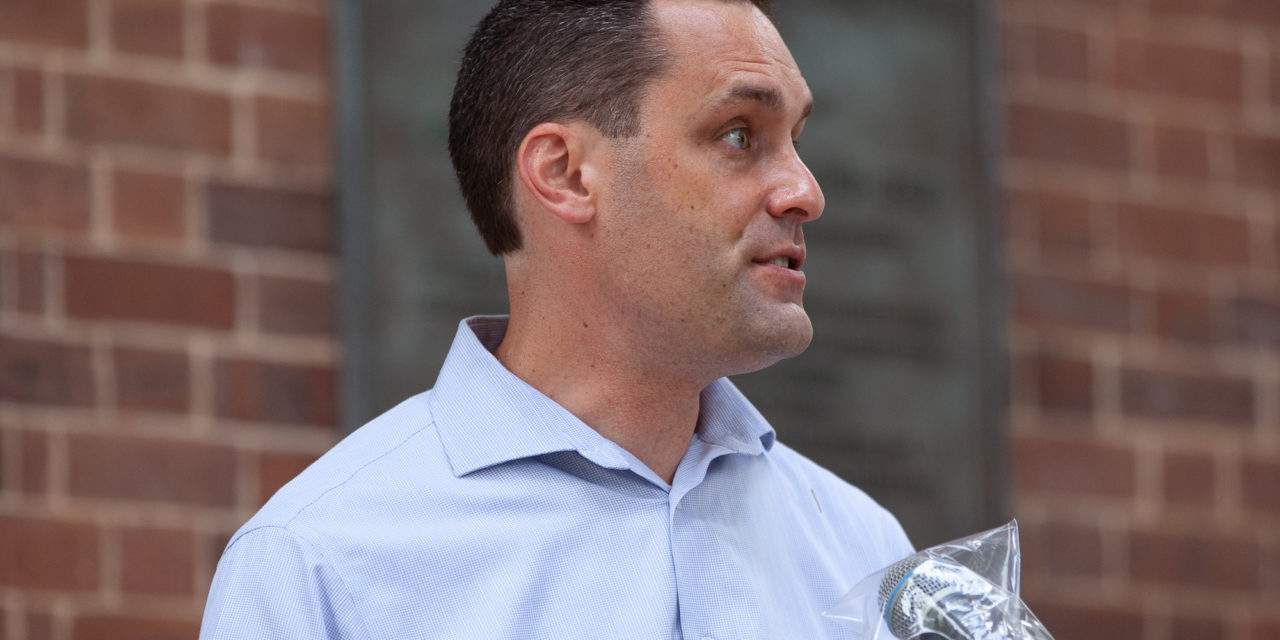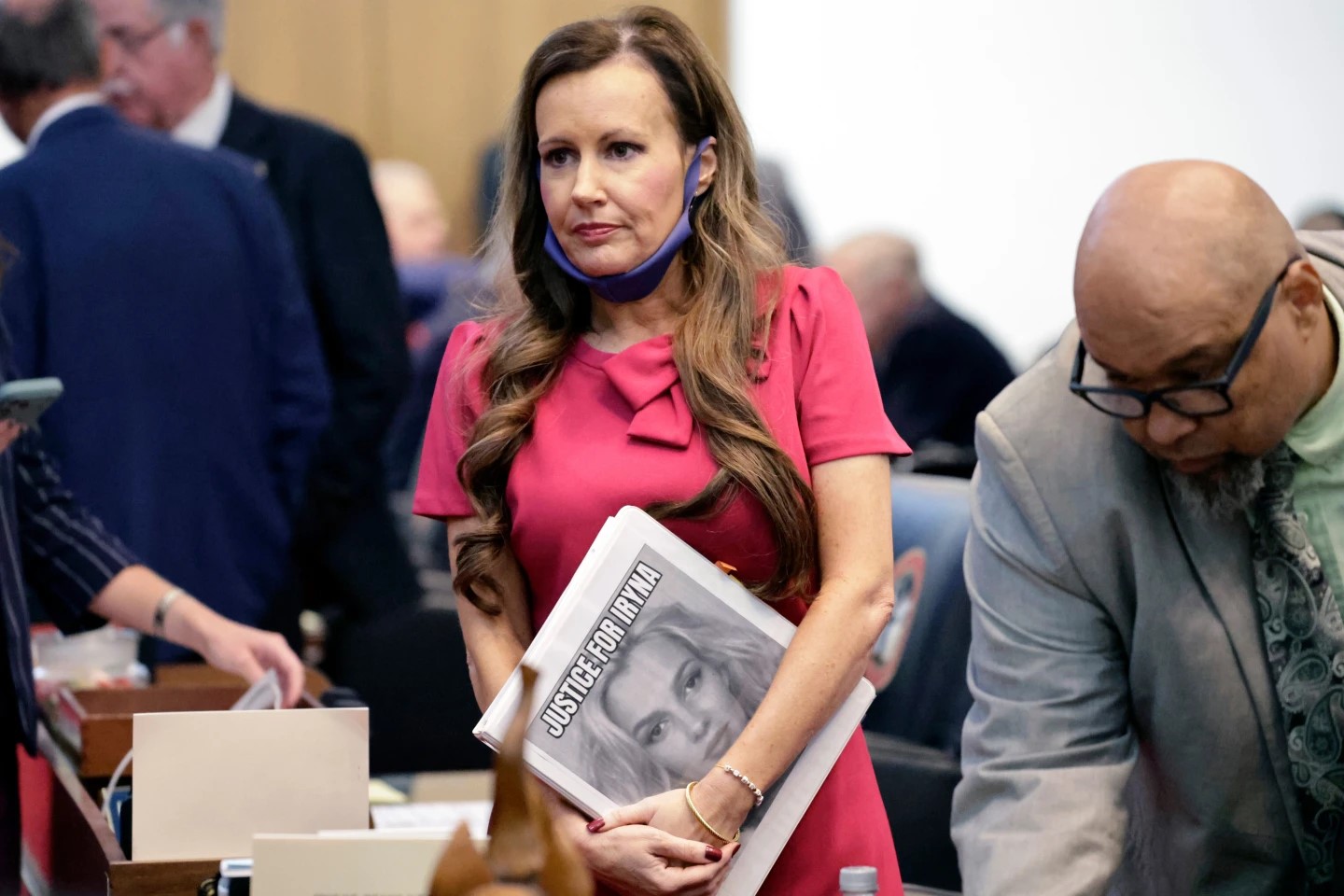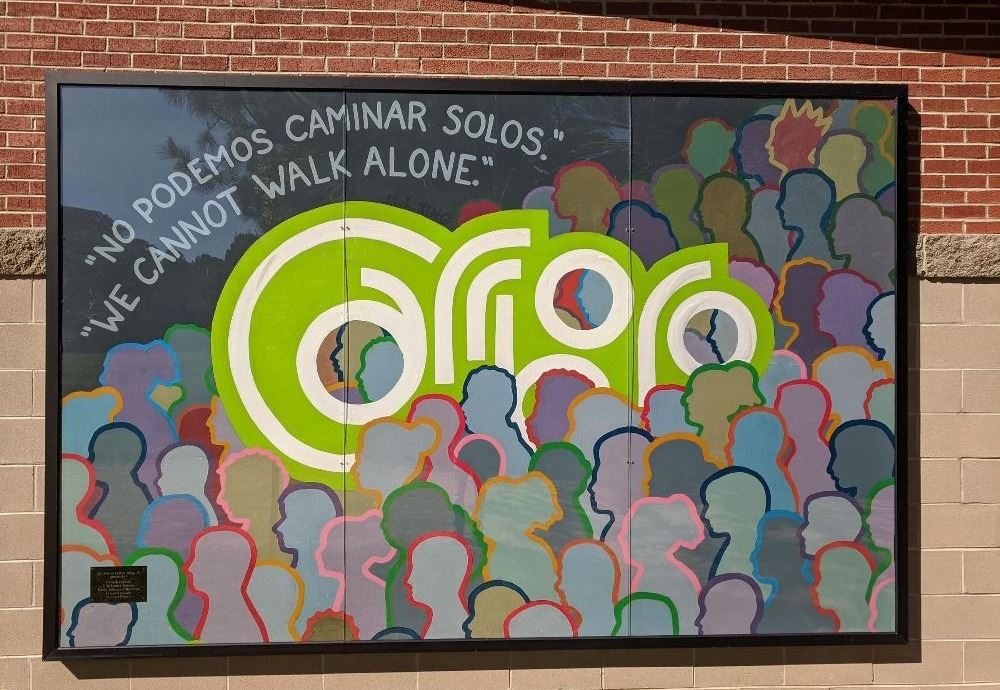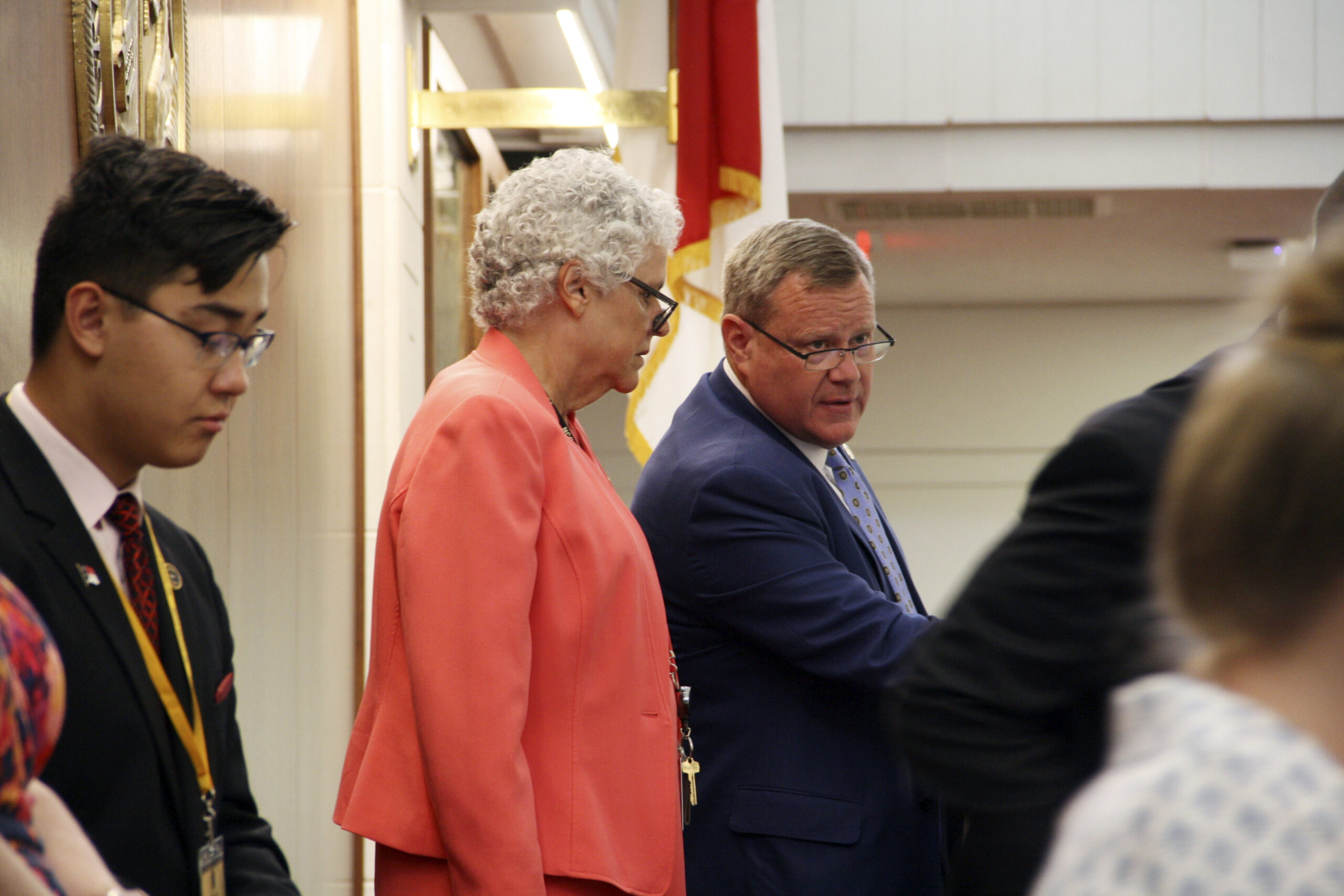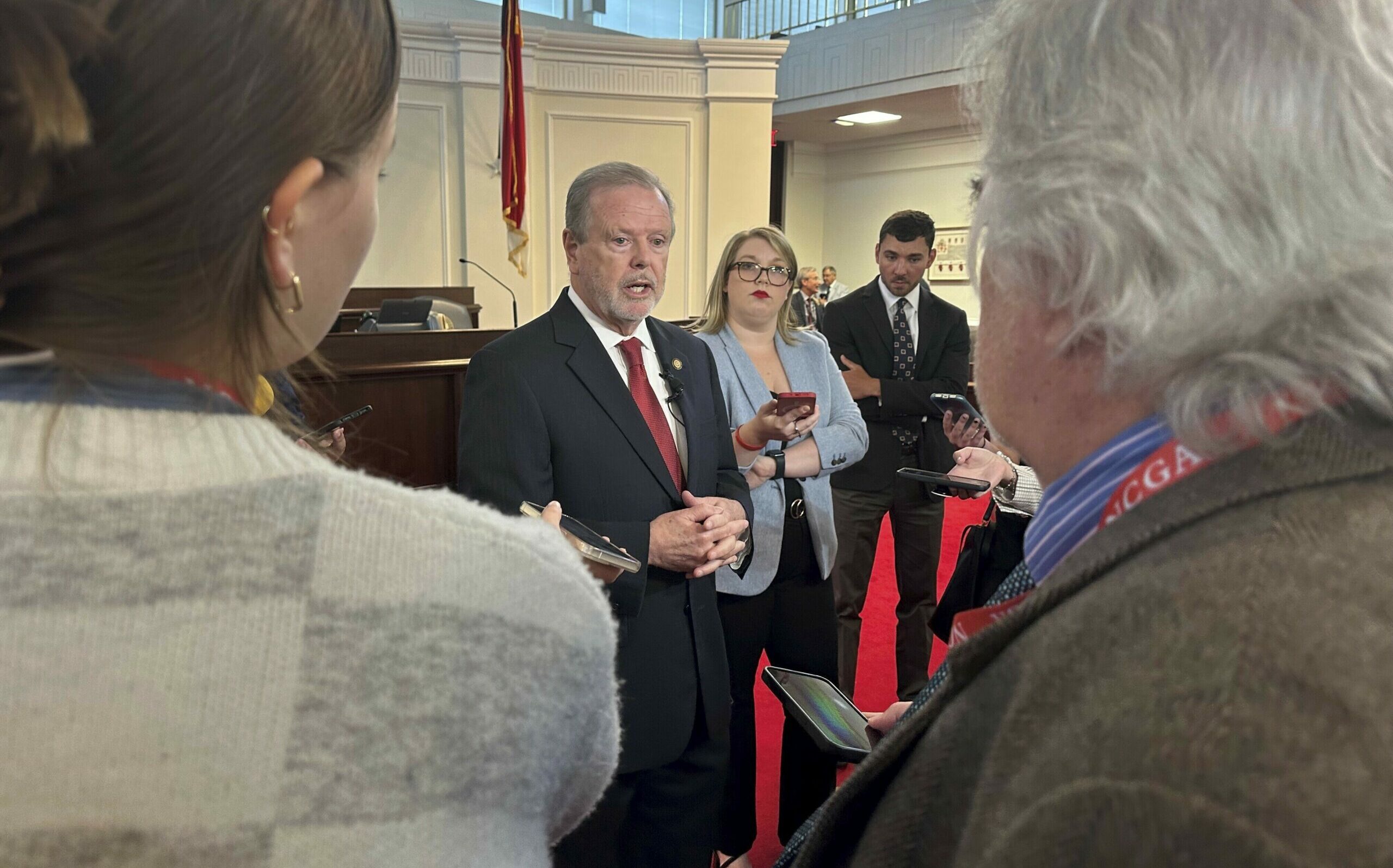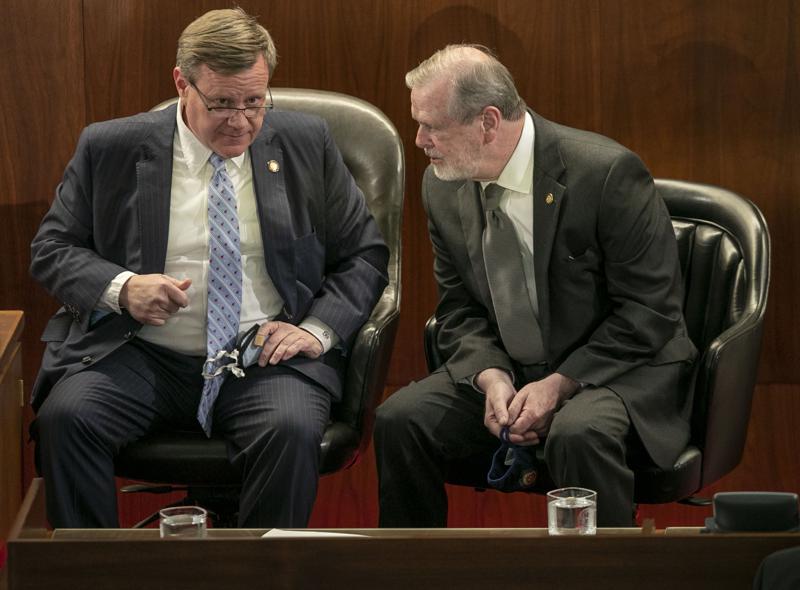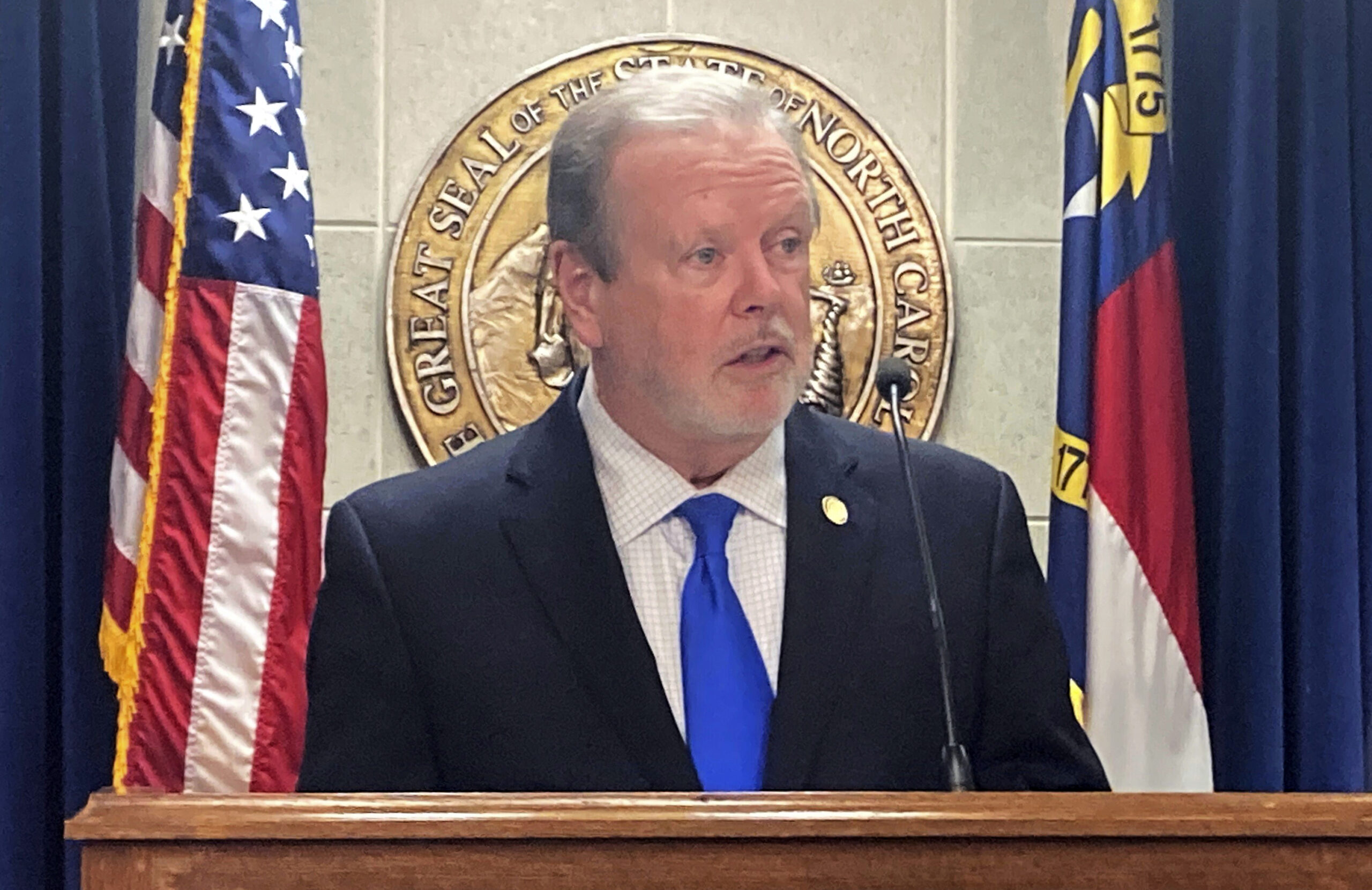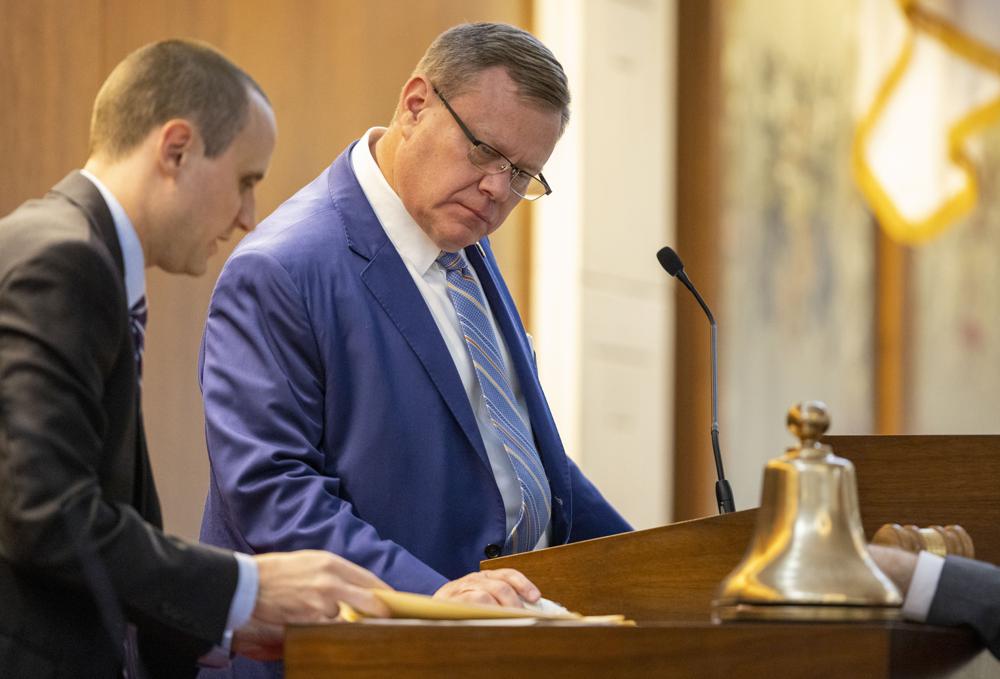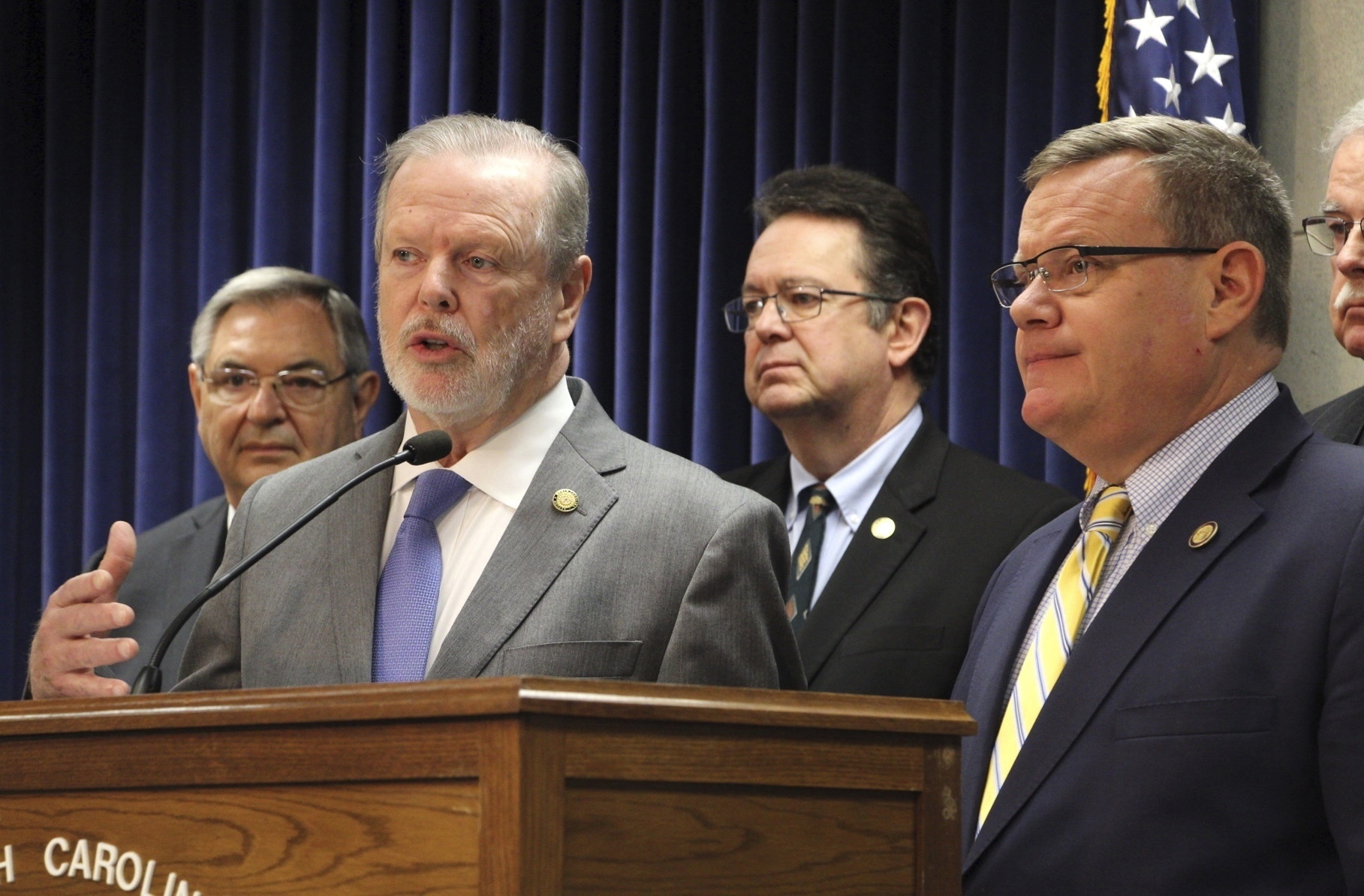North Carolina’s General Assembly returns for its first sessions of 2021 on January 13. In addition to addressing the ongoing COVID-19 pandemic and relief for residents, the legislature has an opportunity to work on a long-standing stagnant item: a new budget.
The state has operated off of a budget approved in 2018 after two years of lawmakers failing to create a consensus on topics like education spending, Medicaid expansion and tax cuts. Democratic Governor Roy Cooper vetoed a proposed budget by Republican leaders in the House and Senate in the summer of 2019, a measure that stood with the number of Democratic lawmakers in each chamber. With the coronavirus pandemic, priorities were shifted to providing relief for businesses, unemployed residents and spending for health care as they prepared for positive cases.
District 50 Representative Graig Meyer describes this stalemate as a low-point for relations between the governor and Republican leadership in the General Assembly. The legislator, who represents part of Orange County, says 2020, however, did bring about bipartisan cooperation between the sides in order to provide pandemic relief to North Carolinians.
“Heading into 2021,” says Meyer, “I think all of those issues are still big questions. How quickly will the economy get fully reopened? What’s the governor and his team doing to make sure we get strong vaccine distribution? And then: will we enact a budget and what will that budget look like? Do we have major holes to plug because of COVID, and what are we going to do to take care of the many needs the pandemic has exposed for residents of our state?”
With those challenges in place, Meyer says it may become more likely that state legislators will use common ground to address issues and craft a budget than in previous years.
“I do think there’s more momentum,” he says. “I think it’s difficult to see us not having a budget given the needs of the pandemic. There’s two ways to get a budget: certainly the Republican leadership and the governor could negotiate on a budget in a way they didn’t previously. Or the Republicans could work with Democrats in the legislature and enact a budget, even if it’s one that the governor doesn’t agree with.
“What I’m afraid of,” adds Meyer, “is the possibility Republicans could do that with just a handful of Democrats who would agree to override a governor’s veto. That wouldn’t really be true bipartisanship.”
The lack of Medicaid expansion was one of the chief issues Cooper targeted during his vetoes of budget proposals. In August, the governor released recommendations to the General Assembly on how to adjust spending for the 2020-2021 fiscal year to help North Carolinians have improved healthcare coverage amid the pandemic and job losses. While the measure was not included in spending priorities listed by GOP leadership earlier in 2020, the ongoing presence of COVID-19 may be a factor in negotiations.
“I do think there’s been some movement on healthcare because of the pandemic,” Meyer says. “Maybe we’ll see some coming together because people will see their long-term positions tested and changed a little bit over the last year.”
Additionally, the Orange County representative says he hopes to see other longstanding issues that the pandemic has brought to the forefront addressed in this next legislative year.
“I’m very hopefully we’ll see some major progress on broadband expansion, which impacts large sections of Orange County in the rural areas, as well as all over the state,” he says. “I’m hopeful we’re going to see some work done on healthcare access and affordability. What I’m skeptical about is whether we’ll do anything for targeted business relief. I just don’t understand why we haven’t been willing to help the businesses that have been most directly impacted, like arts organizations, restaurants and bars. We really should do some targeted legislation for them, I hope that we will.”
Chapelboro.com does not charge subscription fees. You can support local journalism and our mission to serve the community. Contribute today – every single dollar matters.

